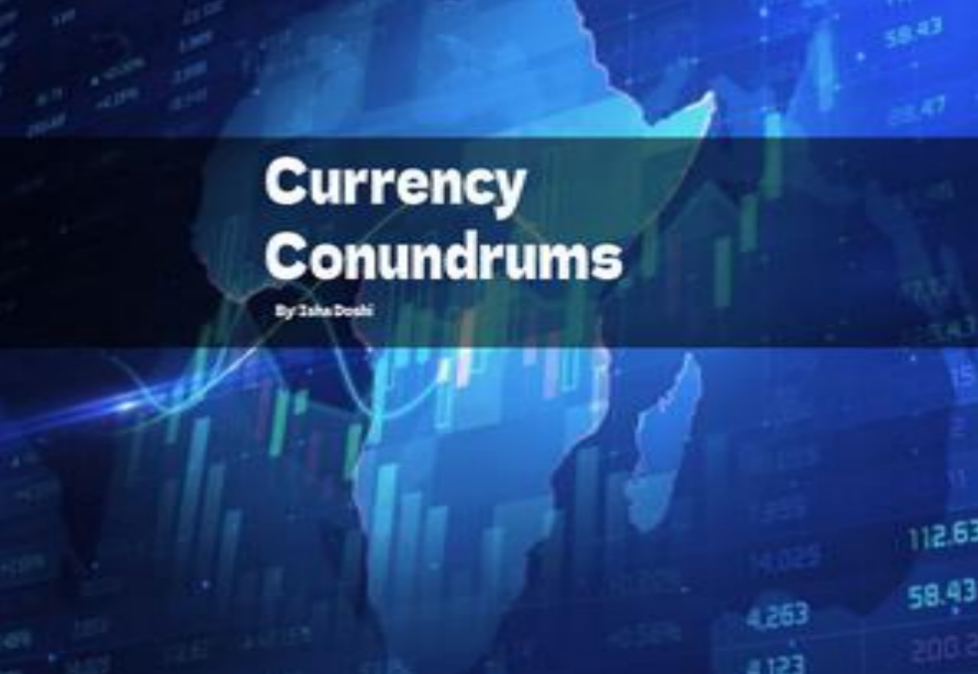People with considerable financial resources can find many opportunities by investing in foreign accounts, assets, and real estate. Yet, this area is complicated and requires thoughtful planning. Let’s look beyond the basics to examine the special chances and hidden dangers that come with spreading out your investments across borders.
Overseas Accounts: Beneath the Surface
Niche Banking Hubs

Wealthy individuals often miss out on new offshore banking locations. Although Switzerland and the Cayman Islands are famous, places like Singapore and Luxembourg have unique financial services designed for advanced investors. For example, Singapore has turned into a center for wealth management in Asia, allowing access to various investment options, such as private equity funds aimed at the growing markets in Southeast Asia. By setting up an account there, investors can take advantage of local business opportunities and benefit from strong regulatory protections.
Regulatory Tightrope
The time when offshore accounts could be hidden has ended. Tax agencies around the world now work together closely, using efforts such as the Common Reporting Standard (CRS). Not reporting foreign accounts can result in serious penalties, including high fines and legal issues. Furthermore, certain countries have begun enforcing tougher anti-money laundering laws, which might necessitate detailed paperwork and careful checks. This can slow down transactions and lead to more administrative tasks.
Overseas Financial Investments: Uncharted Waters
Frontier Market Gems
Instead of just looking at well-known markets such as the US and Europe, investors willing to spend can venture into frontier markets. Nations in Africa, including Nigeria and Kenya, are seeing swift economic development in areas like fintech and renewable energy. Putting money into local startups or new businesses via private equity or venture capital funds can bring high rewards. Still, it’s important to remember that these markets can be very unstable, with ongoing risks from political issues and changes in currency that can affect investment worth.
Currency Conundrums
Investing in foreign markets comes with unseen dangers related to currency. Changes in exchange rates might unexpectedly reduce profits or raise expenses. For instance, when you put money into European stocks priced in euros, a decline in the euro compared to your local currency will result in a loss when you convert back. Strategies like forward contracts or currency-hedged funds can help manage this risk, but they need a good understanding and can increase your overall investment costs.

Overseas Property Purchases: A Double - Edged Sword
Luxury Real Estate Niche Markets
Aside from popular places such as New York and London, new luxury real estate markets are developing. Cities such as Dubai and Miami are drawing wealthy buyers due to their distinctive features. In Dubai, luxury homes by the water and in Miami, high-end condos by the beach offer not just a lavish way of living but also a chance for substantial value growth. Nevertheless, the rules around property in these regions can be complicated. For example, some nations limit the rights of foreign buyers or impose hefty transfer taxes, which can greatly affect the overall investment return.

Maintenance and Management Challenges
Owning property abroad can create unexpected management challenges. The distance makes it hard to take care of maintenance, repairs, and managing tenants if you consider renting it out. Engaging local property management firms can be expensive, and there's always a danger of mismanagement or scams. Moreover, shifts in local laws, such as new zoning rules or tax increases, can suddenly lead to higher costs and lower profitability for your property.
In summary, while foreign accounts, financial assets, and property investments present tempting opportunities for wealthy individuals, they come with significant risks. Conducting detailed research, seeking professional guidance, and developing a solid plan are crucial for successfully navigating this complicated area and making international asset diversification a rewarding pursuit.


